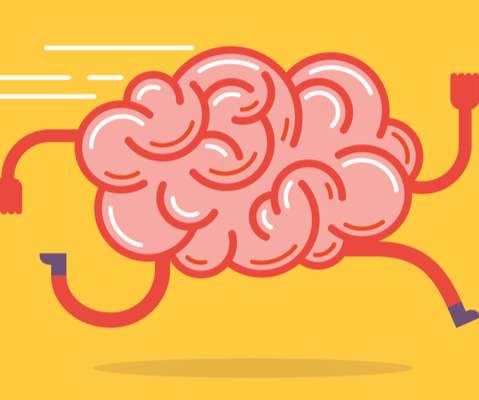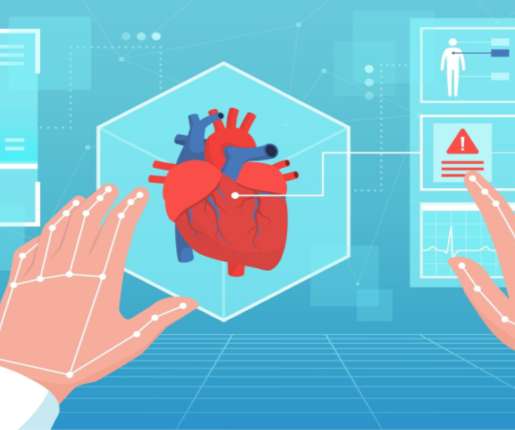4 Benefits of AI for Learners… and Teachers
KnowledgeOne
APRIL 3, 2024
Whether positive or negative, receiving feedback activates the reward system and triggers a dopamine release in the brain (Wilkinson et al., The more successful a learner is, the more its reward system is activated and releases dopamine. The resulting sense of pleasure and satisfaction reinforces the behaviour in question.





















Let's personalize your content